Rottweiler vs Pomeranian: Choosing the Right Companion for You
Discover the unique qualities and differences between the Rottweiler and Pomeranian breeds.
Welcome to our detailed comparison of the Rottweiler and Pomeranian. Whether you're considering which breed to welcome into your home or simply curious about their differences, this guide offers an in-depth look at their characteristics, temperaments, and care needs.
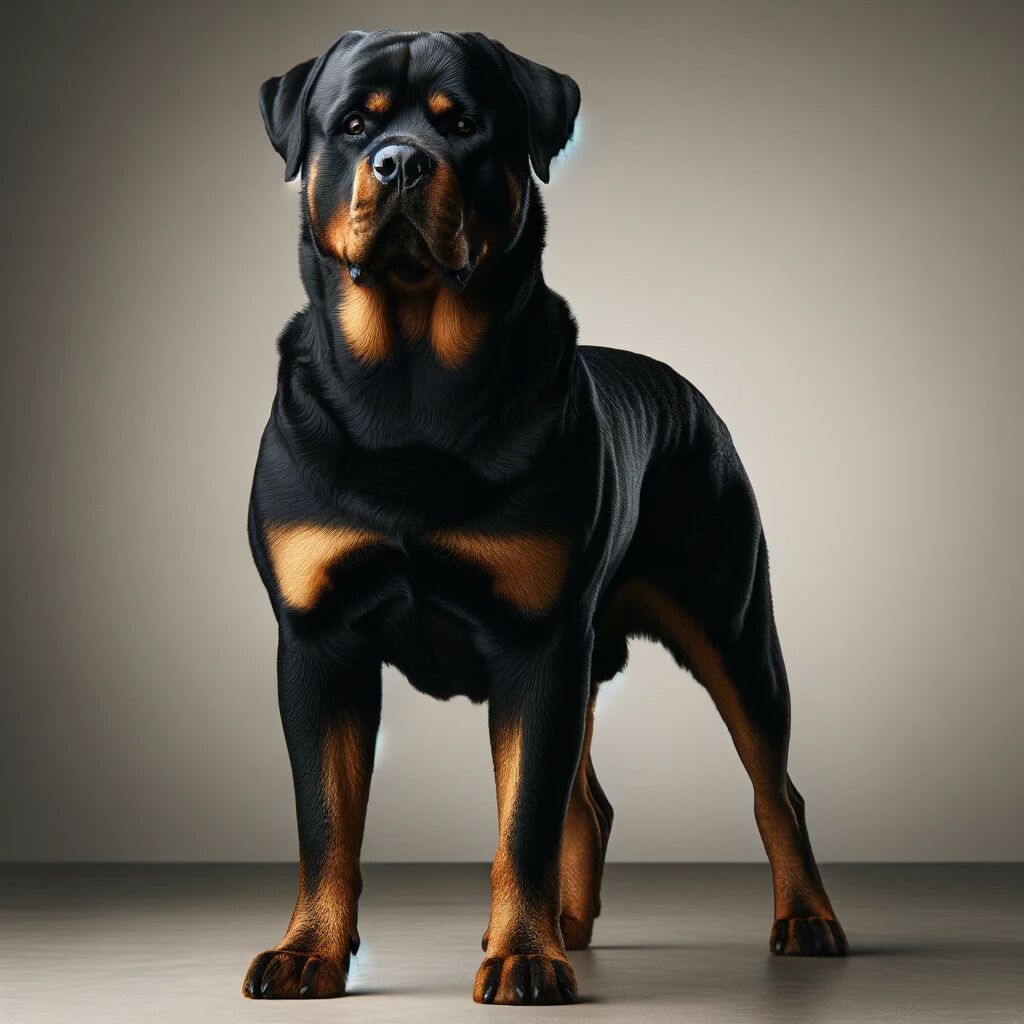
Rottweiler
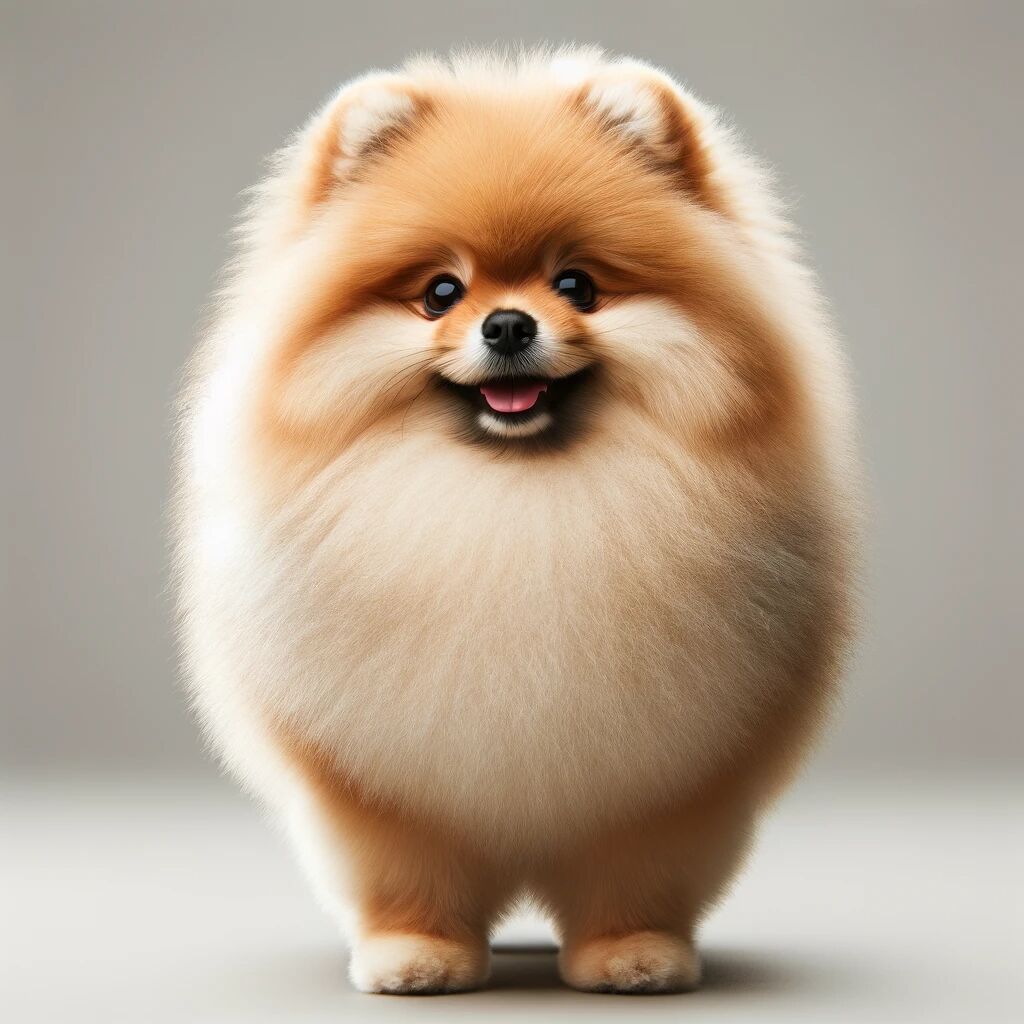
Pomeranian
Comparing Rottweiler and Pomeranian: A Detailed Overview
When considering the Rottweiler and the Pomeranian, we find unique and intriguing differences and similarities. Both breeds have their distinctive charm and characteristics, making them beloved by many.
Both the Rottweiler and the Pomeranian showcase high energy levels, making them ideal for owners who appreciate an active lifestyle.
The Rottweiler has a moderate shedding level, differing from the Pomeranian which shows a high shedding level.
Grooming the Rottweiler is moderate, which is not the case with the Pomeranian, needing high grooming.
Training both the Rottweiler and the Pomeranian is similarly above average, suggesting they have comparable learning abilities.
While the Rottweiler is not recommended with children, the Pomeranian tends to be okay, offering different considerations for families.
Both breeds are not hypoallergenic, which is an important factor for owners with allergies.
The Rottweiler is categorized as a Large breed, which contrasts with the Pomeranian, a Small breed, highlighting their physical differences.
The expected lifespan of the Rottweiler is 9-10 years, which differs from the Pomeranian that generally lives for 12-16 years years.
Concluding, the Rottweiler and Pomeranian each offer unique qualities and advantages. Your final choice should reflect your personal lifestyle, home environment, and the qualities you value most in a canine companion.
Comparative Overview
| Feature |
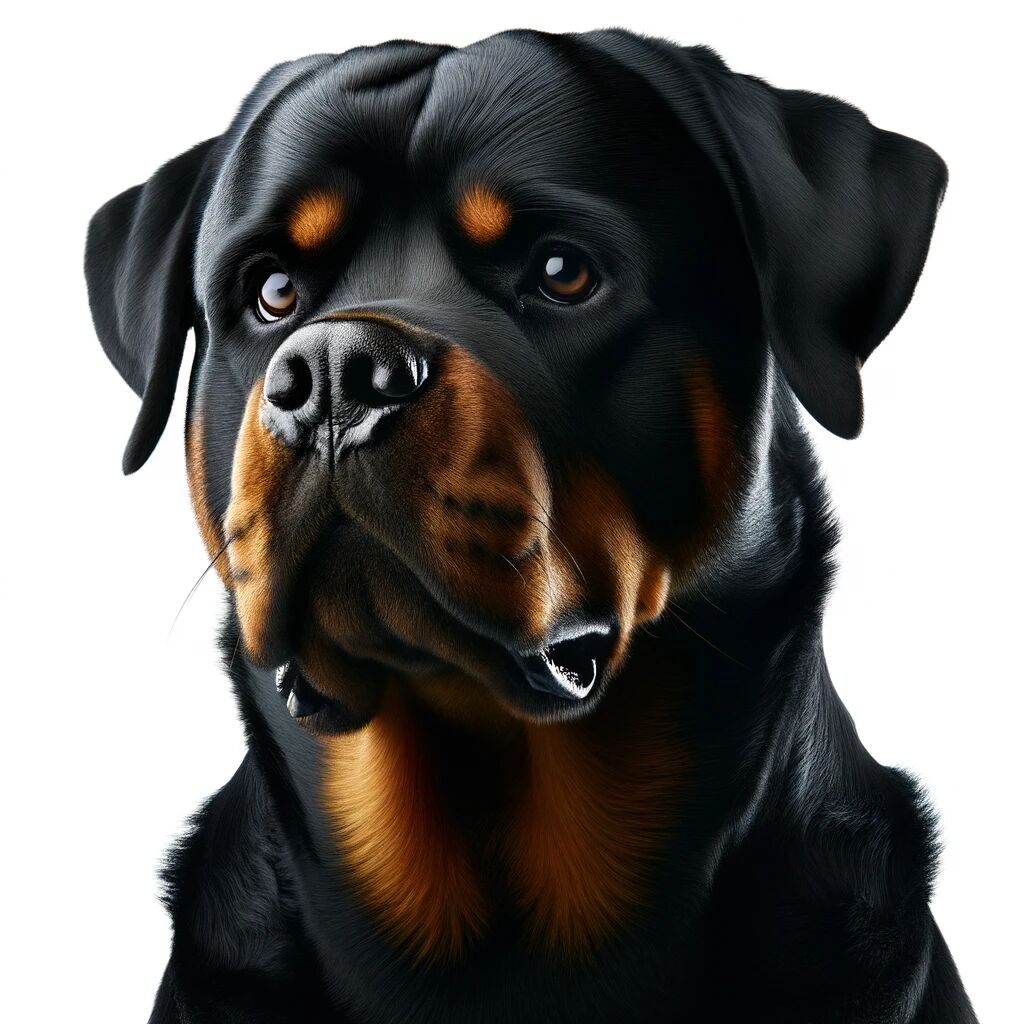 Rottweiler
Rottweiler
|
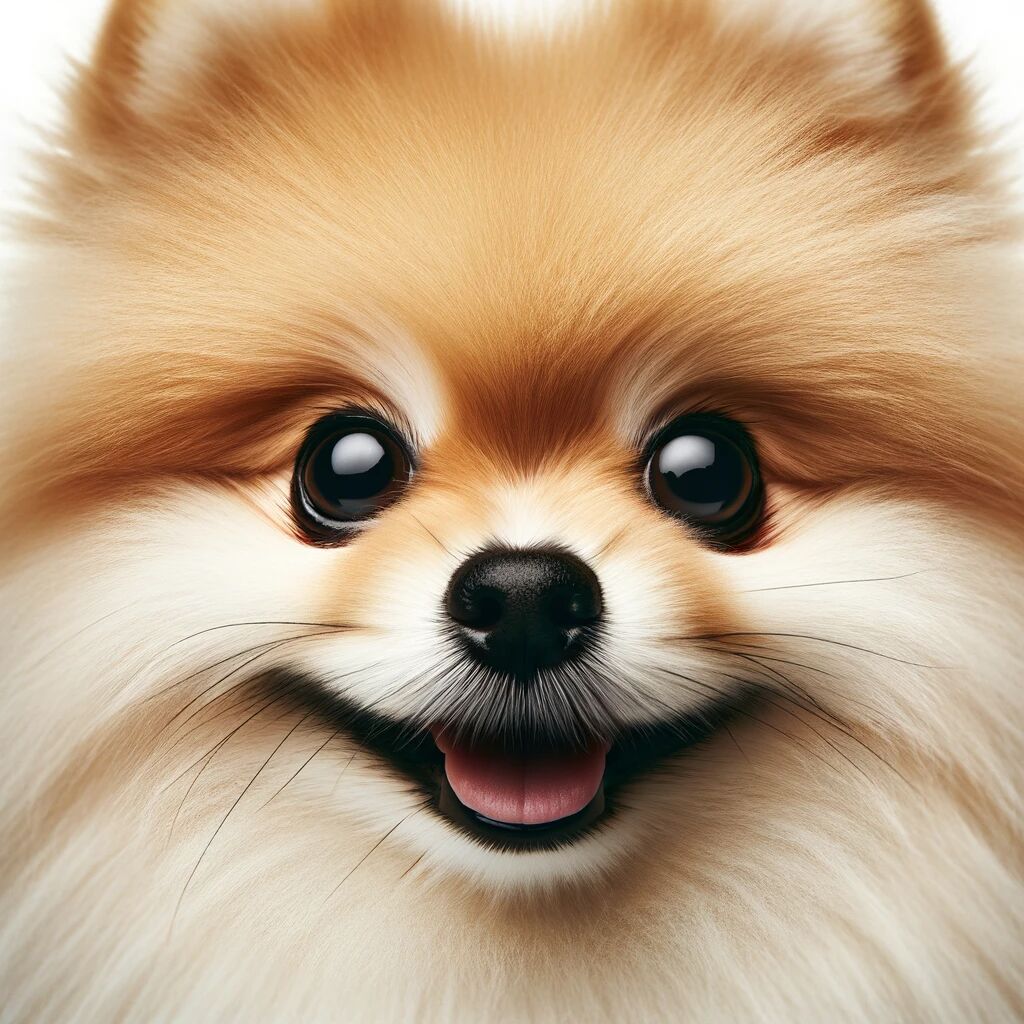 Pomeranian
Pomeranian
|
|---|---|---|
| Size | Large | Small |
| Lifespan | 9-10 years | 12-16 years |
| Temperament | Loyal, Confident, Courageous | Bold, Energetic, Intelligent |
| Energy Level | high | high |
| Shedding Level | moderate | high |
| Grooming Needs | moderate | high |
| Trainability | above average | above average |
| Good with Children | not recommended | okay |
| Hair Length | Short | Long |
| Hair Type | Straight | Fluffy |
| Hypoallergenic | not hypoallergenic | not hypoallergenic |
| Food Requirements | Rottweilers need a diet rich in protein to support their muscular build. It's important to monitor their food intake and ensure regular exercise to prevent obesity. | Nutritionally balanced diet appropriate for small breeds, avoiding overfeeding. |
Conclusion
Both the Rottweiler and Pomeranian have unique qualities that make them beloved by many. Choosing the right breed depends on your lifestyle, space, and the time you can dedicate to grooming, training, and exercise. Consider all aspects to find the perfect furry companion for your home.
Test your knowledge
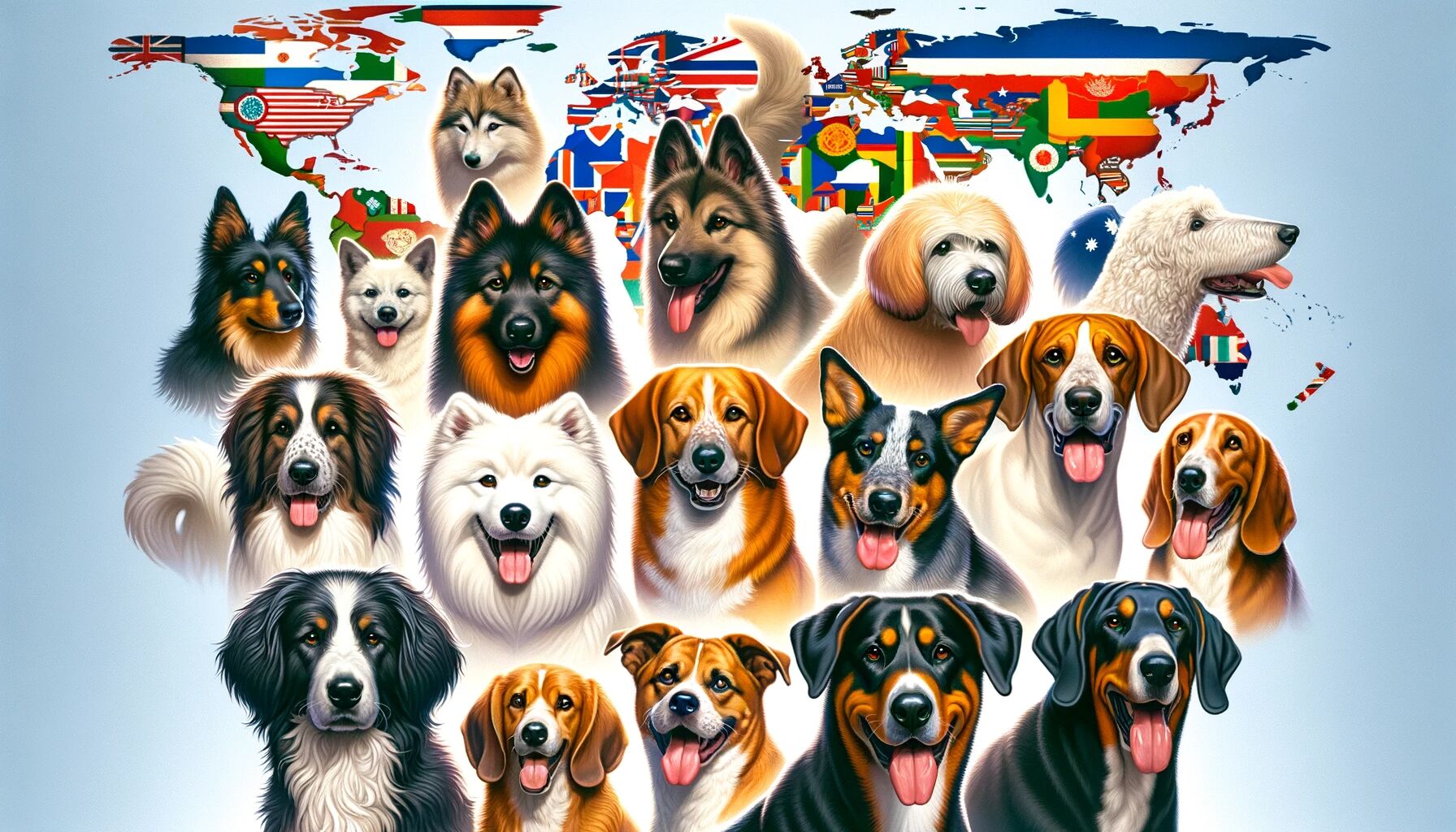 Breeds of the World
Breeds of the World